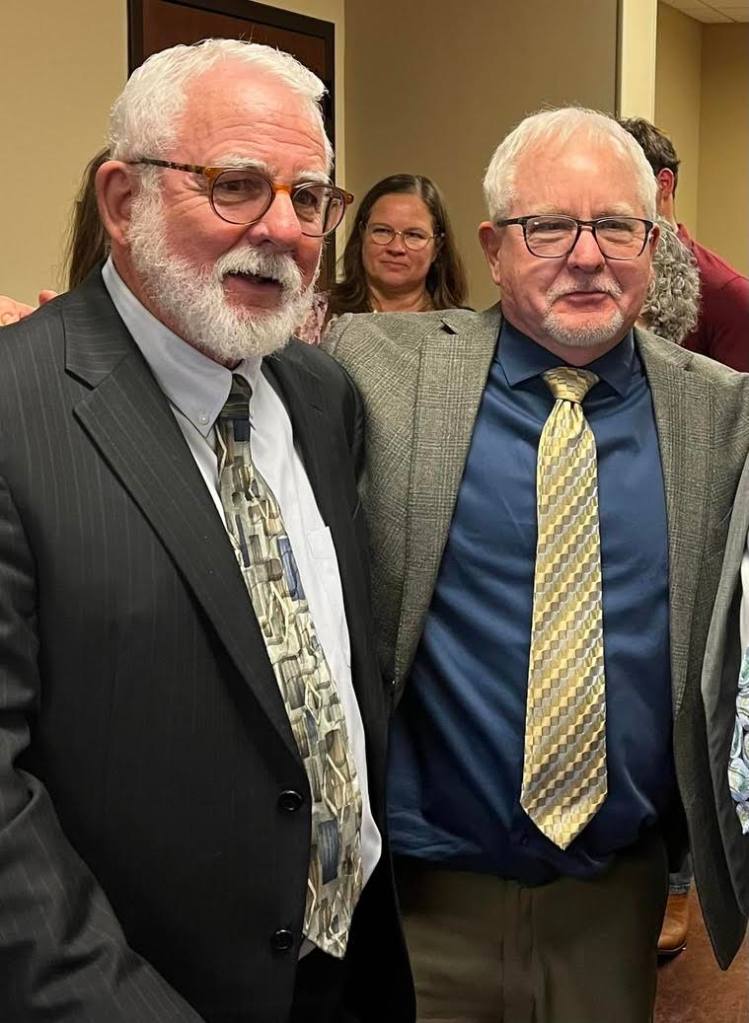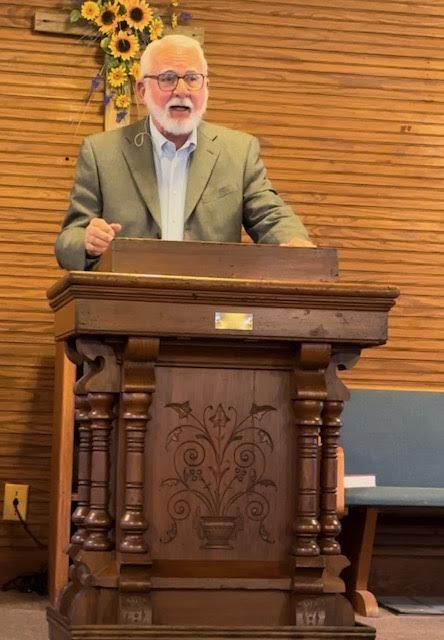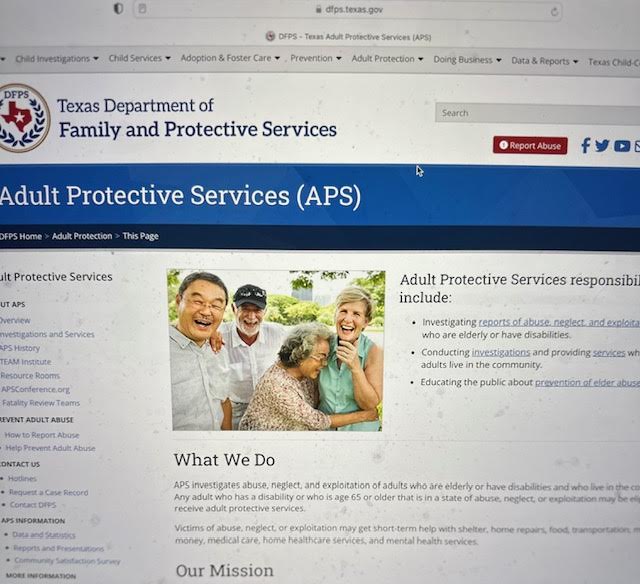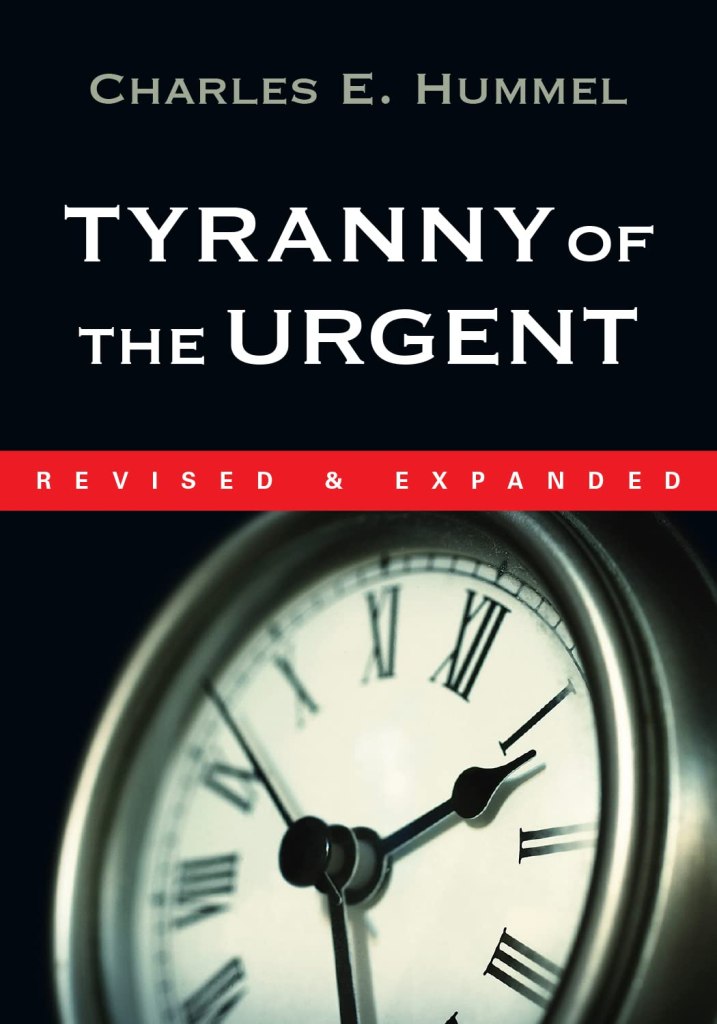
I have a much younger friend on Facebook who has started writing a blog. She falls in the gifted and talented category and has the potential to do any number of things. That’s not to say that she didn’t have a rough start. Seriously, what do I know?
I’d say it was a rough start, but I really don’t know for certain. I suspect being born in a Dodge Pickup Truck on the side of the highway on a cold night adds a sense of intrigue to one’s arrival. That’s probably not something that many experience.
I’m not suggesting that she had a rough start because if given a choice, I’d have opted for a Tough Ford Truck over a Dodge. That’s simply a personal preference. I’m saying that primarily because her mother missed the hospital labor room experience and forfeited the bright lights of a delivery room surrounded by medical personnel.
It would have to be somewhat unsettling to give birth in the dark of the night on the side of a highway. In addition, her dad didn’t have the opportunity to telephone family and friends to say that his daughter’s birth was imminent.
The other morning (it was not early morning), my blogger friend sent me a text: “Good morning Mr. Forrester! I was just brainstorming new blog ideas and thought of you.” She added a smiley face. That made me feel good.
So, was she fishing for information on how I chart my course and come up with ideas? Probably not is my best guess. On the off chance that her reaching out to me was a subtle request for help, I took the bait. I have never written about anything that falls into the category of rocket-science. I keep the subject matter simple (fat chance that I could do anything else).
Before I get out of bed in the mornings, I generally think about the previous day to see if anything comes to mind. Sometimes I attempt to find an adventure in the midst of the commonplace. On other days, I explore the resources of my memory to see if anything surfaces that a reader might find of interest. I’d prefer to have something in mind before I sit down in front of a computer, but that doesn’t always happen.
I also write about everyday life. That way, others can identify with what I’ve written and have the freedom to add their own two cents worth. Often my stories remind others of their stories. Isn’t that the way it is supposed to work?
I cautioned her not to write anything political unless she was open to losing half her readership. It is sad to say, but we live in a day that if someone doesn’t agree with you, the friendship fades and distance becomes the defining characteristic. How self-absorbed and shallow we’ve become! God forbid that our ties to others are that fragile!
One of the surprises I’ve experienced through sharing a daily blog is the new information I’ve learned about people, including folks I’ve known for a very long time. Some friends opt to send me a private email rather than respond publicly. In fact, I have a long-term friend who reminded me at the onset that he valued his privacy and would not be making public comments. Yet, he periodically drops me a note to affirm his continued interest.
A friend once sent me a private message: “How do you find so much information to write about?” He then asked a question related to his childhood memories and his mother’s mandate that he needed to eat everything on his plate. He went on to say that once a week, his mother prepared liver and onions because his father liked it. He and his three brothers hated liver. His father paid little attention to him at the table, so when his mother wasn’t looking, the family dog got a nice piece of liver handed to him under his chair.
He wanted to know if mothers had a way of circulating information among themselves prior to the Internet. How did they know about starving children in China? How did they come up with what seemed like a universal expectation that children needed to eat everything on their plate?
His were a good questions, but I didn’t know the answers. I, too, heard about starving children in China. As kids, we also had the expectation to eat everything on our plates. When given an instruction to do something, we learned not to ask, “Why?” We didn’t want to hear, “Because I said so.”
What unusual expressions did you hear growing up? Did you use those same expressions with your kids?
All the Best!
Don









